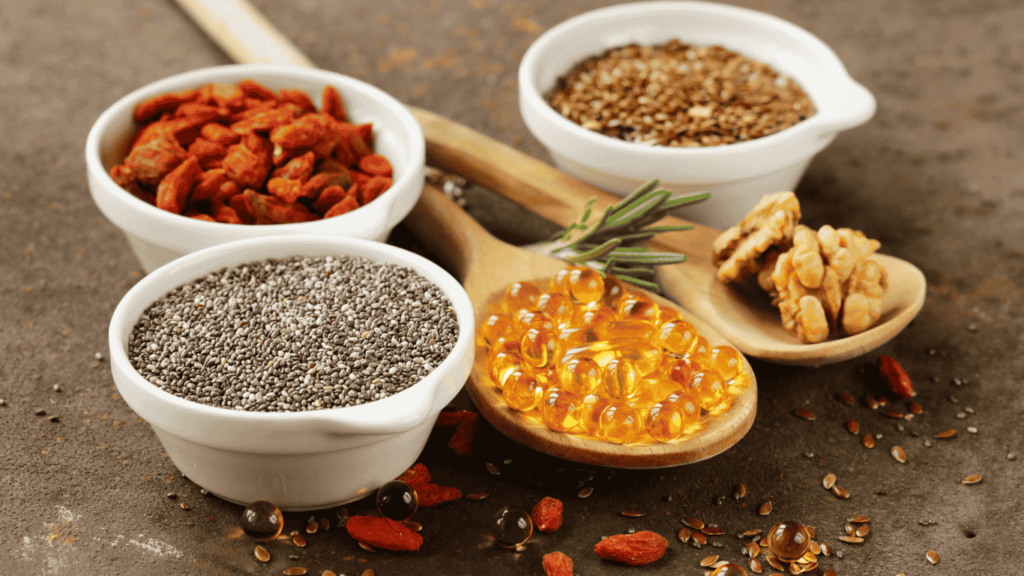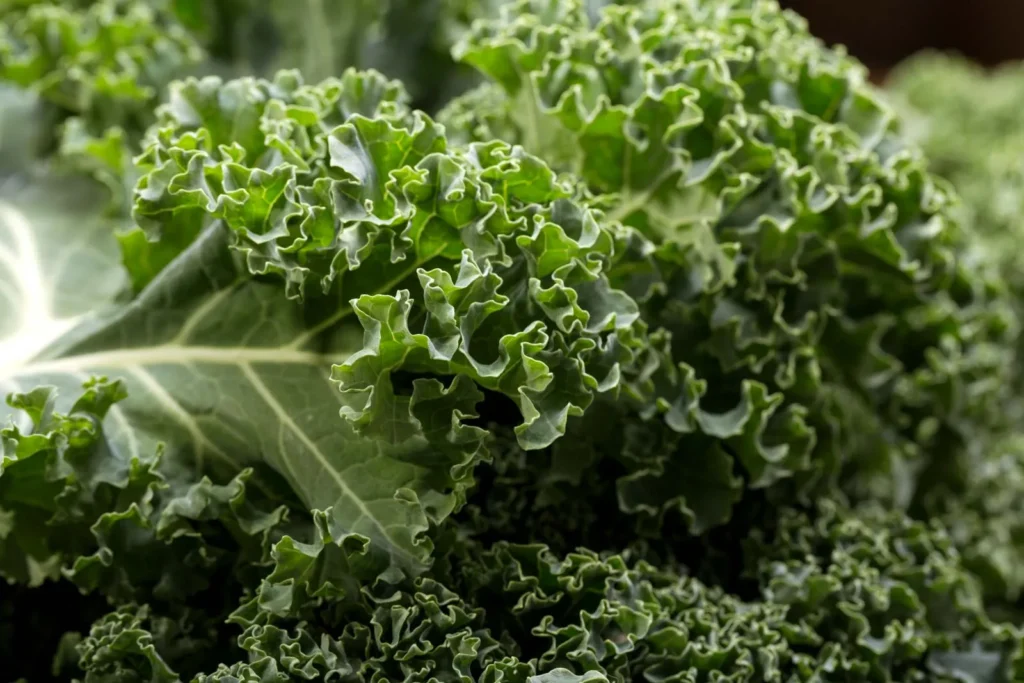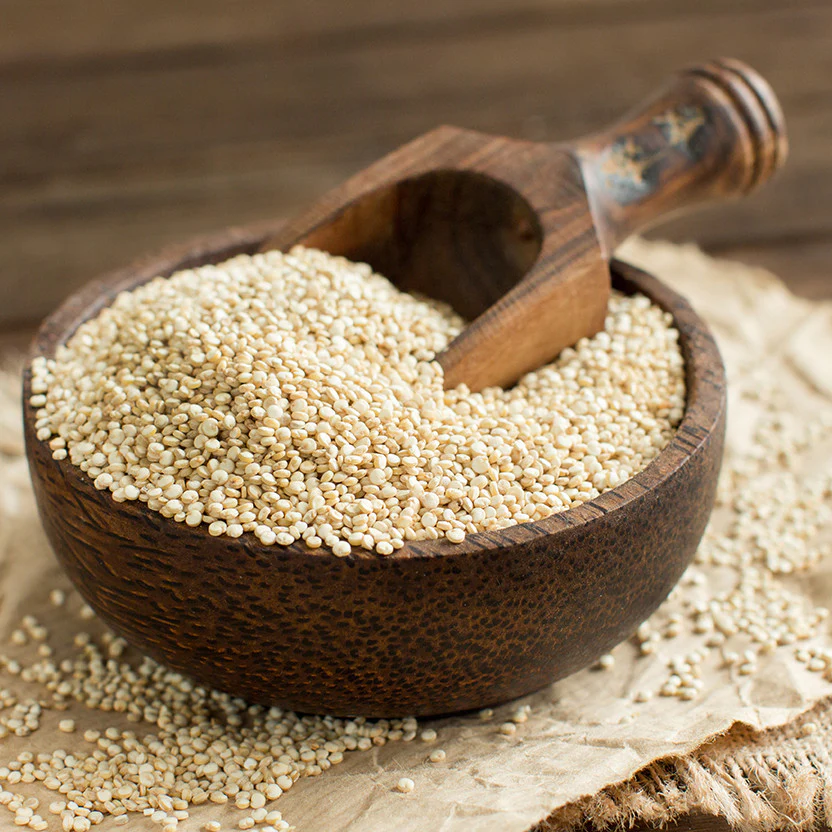
Understanding Superfoods: Definition and Classification
Superfoods are a category of foods that are nutrient-rich and considered to be particularly beneficial for health and well-being. They are often referred to as “functional foods” because they possess properties that go beyond basic nutrition. While there is no official scientific definition for superfoods, they are generally characterized by their high levels of antioxidants, vitamins, minerals, and other bioactive compounds that contribute positively to health. These foods can enhance physical health, boost immunity, and reduce the risk of chronic diseases.
The classification of superfoods is primarily based on their nutrient density, which is defined as the ratio of essential nutrients to the total caloric content. Foods that are deemed superfoods typically have a high concentration of beneficial components while remaining low in calories. For example, berries, leafy greens, nuts, and seeds are often touted as superfoods due to their impressive antioxidant profiles and health-promoting properties. Additionally, many superfoods are rich in phytonutrients, compounds that offer various health benefits and protect the body from oxidative stress.
The concept of superfoods has gained significant traction over the last few decades, evolving from niche dietary interests to mainstream health trends. Historically, many cultures recognized the health benefits of certain foods such as garlic, turmeric, and spirulina, although the term “superfood” has only recently come into widespread use. With the advent of global communication and the increasing popularity of health-conscious lifestyles, superfoods have captured the attention of consumers worldwide, leading to a surge in their availability and consumption.
As the demand for these nutrient-dense foods continues to rise, the culinary landscape is also influenced by superfoods, thus emphasizing their potential role in promoting overall health and well-being. Understanding superfoods and their classification can help consumers make informed dietary choices that enhance their health.
Health Benefits of Superfoods
Superfoods are often lauded for their extensive health benefits, supported by scientific research that underscores their nutritional value. One of the most significant advantages is their ability to boost immunity. Superfoods like blueberries, rich in antioxidants, have been shown to enhance the body’s immune response. Antioxidants play a crucial role in neutralizing free radicals, thus reducing oxidative stress and fortifying the body’s defense against illnesses.
In addition to improving immunity, certain superfoods are known for their positive impact on heart health. For instance, foods high in omega-3 fatty acids, such as salmon and walnuts, can help lower triglyceride levels, reduce blood pressure, and decrease the risk of heart disease. The inclusion of these superfoods in one’s diet contributes to improved cardiovascular health through the reduction of inflammation and the promotion of better cholesterol levels.
Another essential benefit of superfoods is their capacity to aid digestion. Foods high in fiber, such as quinoa and chia seeds, support a healthy digestive system by facilitating regular bowel movements and promoting gut health. The presence of prebiotics in certain superfoods, like garlic and onions, further enhances digestive wellness by nourishing beneficial gut bacteria, thereby leading to optimal gastrointestinal function.
Moreover, superfoods can significantly enhance overall energy levels. Superfoods like spinach and kale are packed with vital nutrients such as iron and magnesium, which are essential for producing energy within the body. By incorporating these energy-boosting superfoods into daily meals, individuals may experience reduced fatigue and increased vitality.
In summary, the wide range of health benefits provided by superfoods—boosting immunity, supporting heart health, aiding digestion, and enhancing energy levels—is attributed to their rich nutrient profiles, particularly their abundance of antioxidants and vital nutrients, making them a valuable addition to any diet.
Incorporating Superfoods into Your Diet
Integrating superfoods into your daily meals can significantly enhance your nutritional intake and overall health. To effectively incorporate these nutrient-dense foods into your diet, it is pivotal to focus on balance and variety. Starting your day with a smoothie that includes spinach, berries, and chia seeds is an excellent way to boost your breakfast with essential vitamins and antioxidants. As you prepare your meals, aim to include a diverse range of superfoods that cater to different health benefits.
For weight loss, consider adding foods like quinoa, lentils, and avocados to your plate. These superfoods are rich in fiber, which promotes satiety, thereby assisting with weight management. When focusing on brain health, foods such as walnuts, fatty fish, and dark chocolate are recognized for their omega-3 fatty acids and antioxidants that support cognitive functions. Additionally, general wellness can be bolstered by incorporating foods like sweet potatoes, kale, and blueberries into your diet, offering a myriad of vitamins and minerals that contribute to long-term health.
Preparation methods can also impact the health benefits of superfoods. Steaming vegetables can help retain nutrients, while roasting can enhance flavor without losing nutritional value. Experiment with various cooking techniques to discover new and enjoyable ways to prepare these foods. Simple recipes, such as a quinoa salad topped with arugula and citrus dressing, can be both refreshing and nutritious.
When sourcing superfoods, it is essential to opt for organic products whenever possible. Organic superfoods typically have a higher nutritional profile and are free from pesticides and synthetic fertilizers. Understanding food labels is essential; look for certifications and ingredient transparency to ensure you are making informed choices. By integrating these nutrient-rich foods into your daily meals and understanding their benefits, you can cultivate a healthier lifestyle.
A Focus on Popular Superfoods: List and Their Benefits
In recent years, superfoods have gained significant attention for their nutritional density and health-promoting properties. Here, we present a concise list of popular superfoods, outlining their benefits, nutritional profiles, and origins. This information can serve as a guide for those looking to enhance their diets and boost overall well-being.

1. Kale: Kale is a nutrient-rich leafy green that is high in vitamins A, C, and K. It also contains antioxidants like quercetin and kaempferol, which can help reduce inflammation. Originating from the Mediterranean region, kale can be enjoyed in salads, smoothies, or sautéed as a side dish.

2. Quinoa: Quinoa is a complete protein, providing all nine essential amino acids, which is particularly beneficial for vegetarians and vegans. It is also a good source of fiber, magnesium, and B vitamins. Originally cultivated in the Andes, this gluten-free grain can be used in a variety of dishes, from salads to grain bowls.
3. Blueberries: Blueberries are renowned for their high antioxidant content, particularly anthocyanins, which have been linked to improved brain health and reduced risk of heart disease. These small, deep-blue fruits can be consumed fresh, frozen, or dried, making them versatile for various recipes.
4. Chia Seeds: Chia seeds are an excellent source of omega-3 fatty acids, fiber, and protein. These tiny seeds expand in water, aiding digestion and promoting feelings of fullness. Originally cultivated by the Aztecs and Mayans, they can be added to smoothies, yogurt, or oatmeal for a nutritious boost.
5. Turmeric: Turmeric contains curcumin, a powerful compound with anti-inflammatory and antioxidant properties. Traditionally used in Indian cuisine, turmeric can be added to curries, golden milk, or smoothies, offering both flavor and health benefits.
6. Spirulina: A blue-green algae, spirulina is rich in protein, vitamins, and minerals, including iron and B12. It is often consumed in powder form, making it easy to incorporate into smoothies and health drinks. As an emerging superfood, spirulina has garnered attention for its potential to support immune health.
7. Avocado: Avocado is a nutrient-dense fruit that provides healthy monounsaturated fats, fiber, and essential vitamins like K, E, and C. Its creamy texture makes it a popular choice for salads, spreads, and smoothies.
In conclusion, the incorporation of these various superfoods into the diet can provide an array of health benefits. From enhancing immunity to promoting digestive health, exploring these options can significantly contribute to a balanced nutritional regime.







